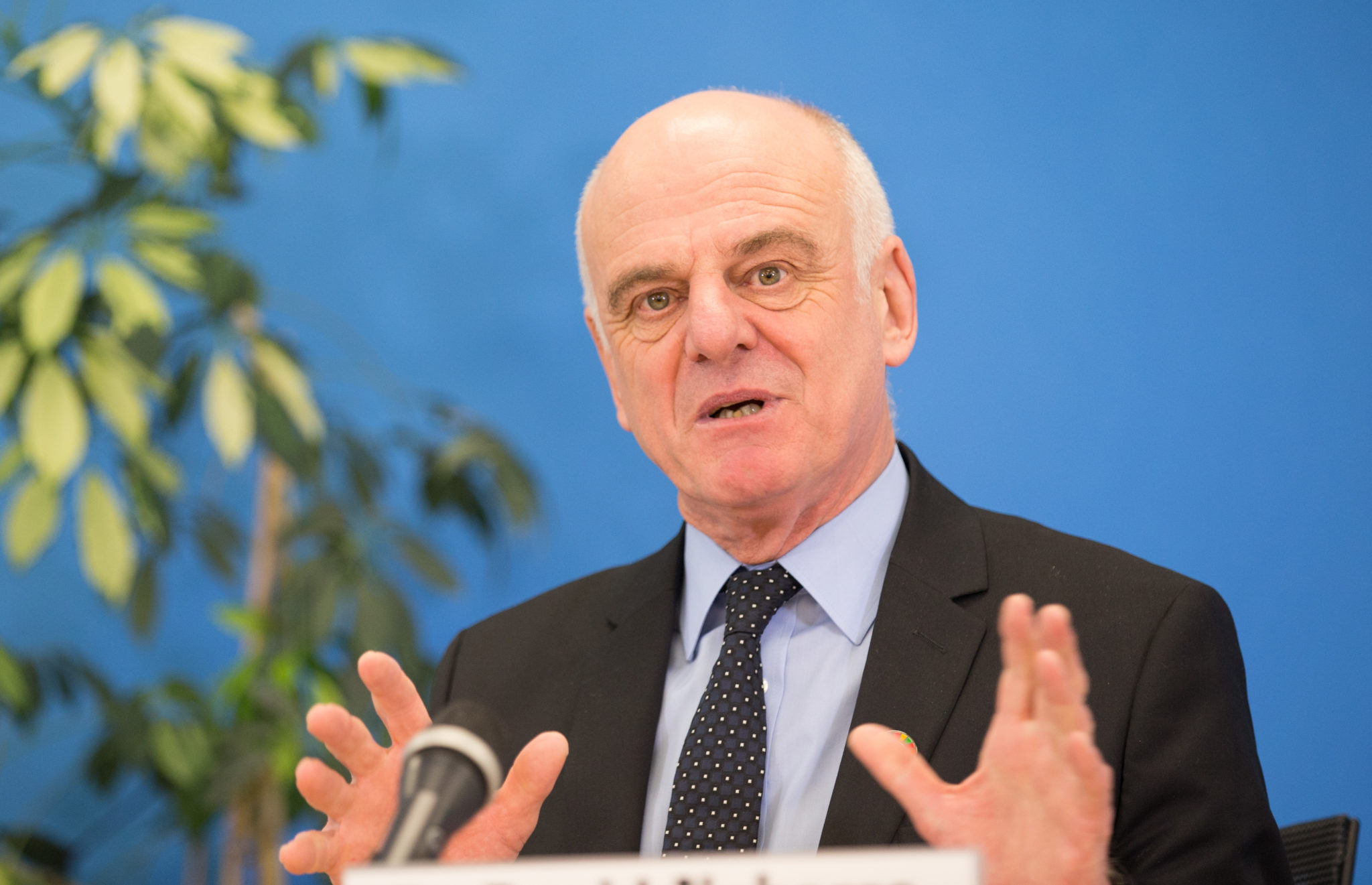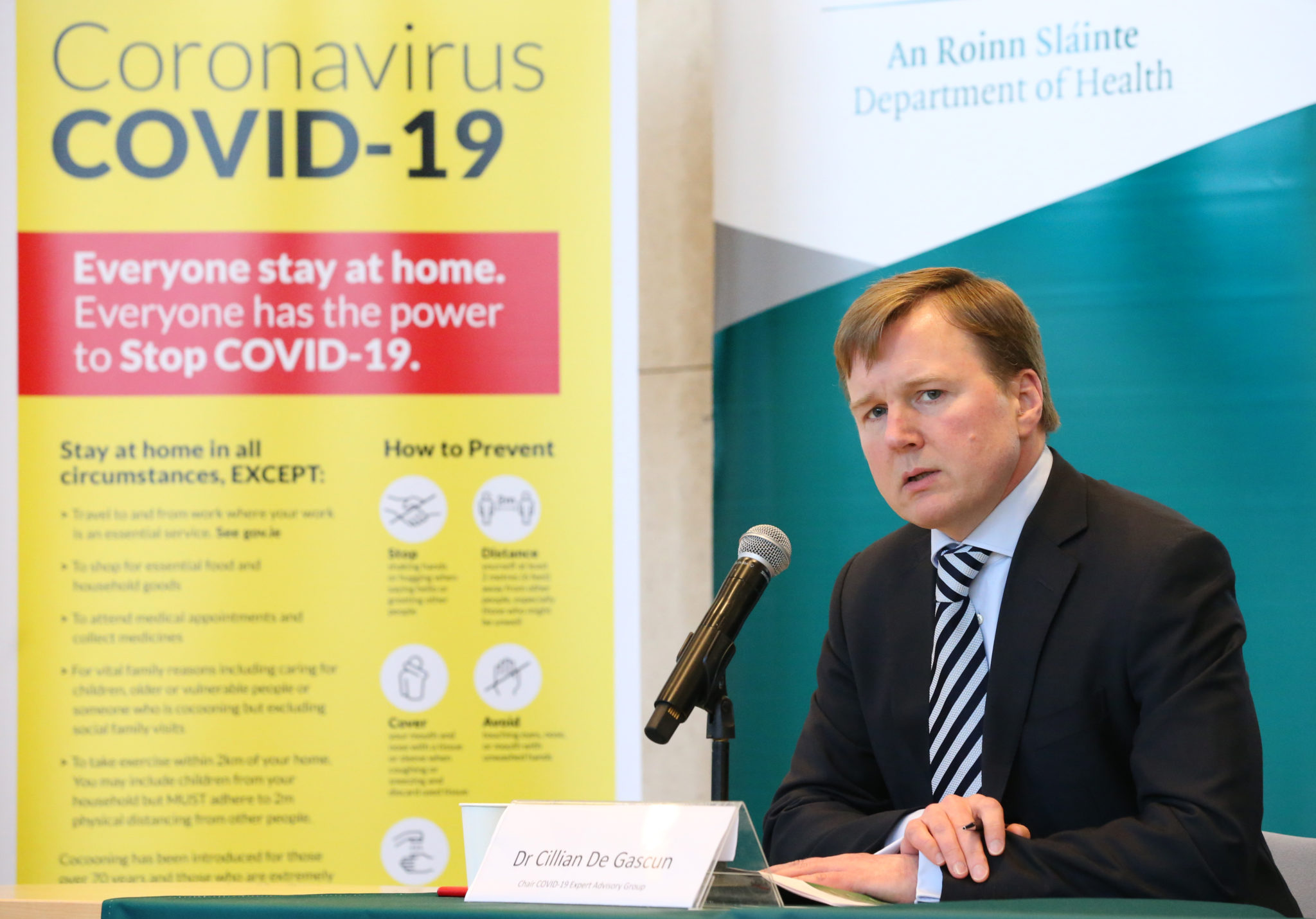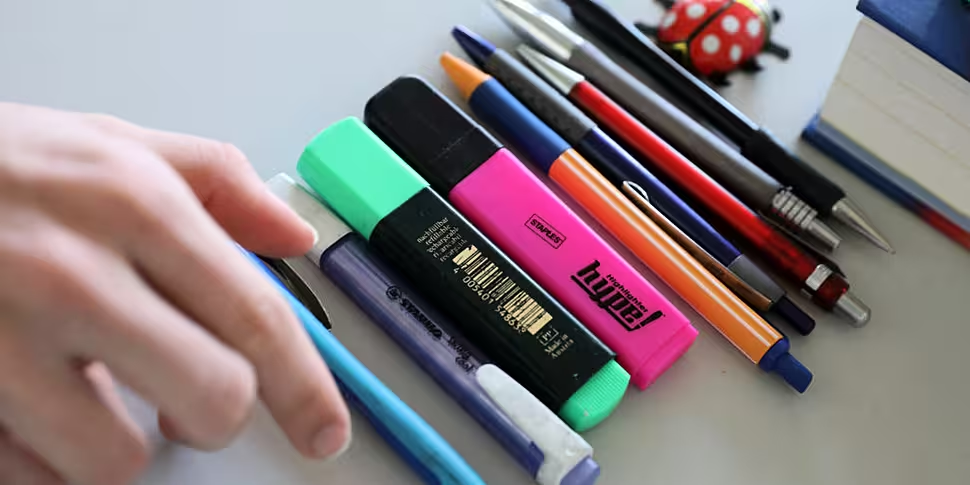A World Health Organisation Special Envoy on COVID-19 has said it is now time to think about reopening schools.
On Newstalk Breakfast this morning, Professor David Nabarro said the next phase of our response to the virus will be about physical distancing, face guards and TTI (Testing, Tracing and Isolation).
He said he remains hopeful that a vaccine can be found; however, in the meantime, “getting used to living with the virus as a constant threat is going to be the new normal.”
"Balance the risk"
He said keeping children home from school for too long can have long-term effects on their development.
“You have to balance the risk,” he said. “Children staying at home, missing school – that is going to have a long-term impact on their future ability to earn and to be strong in society.
“At the same time, we do believe that children, although they can get the virus, are not anything like as important at spreading the virus as some other members of the population – so we have got to give it a try.”
 File photo of Professor David Nabarro, WHO special envoy on COVID-19, 26-01-2017. Image: Xinhua/Sipa USA
File photo of Professor David Nabarro, WHO special envoy on COVID-19, 26-01-2017. Image: Xinhua/Sipa USAHe said countries must ensure that teachers are confident they can manage the return and children understand social distancing before reopening schools.
“There are ways in which schools - we have seen in other countries - can function while doing their best to keep people safe,” he said.
“So, I am thinking the time has come - especially as you have got the numbers of cases being suppressed and you have got the defences building up - the time has come to gradually start reopening schools.”
Safety
Asked about the Government’s plan to reopen schools in September, Mr Nabarro said he has to “be careful” not to overstep his remit as a WHO representative, but said that given the country’s progress against the virus, “I am sure that there are going to be people in Government starting to think very, very seriously that schools could be reopened very soon.”
He noted that any move to bring some classes back would have to be done “very carefully because so much depends on whether the teachers are comfortable and whether the parents are happy to send their kids back to school.”
 Dr Cillian De Gascun, Chair of the COVID-19 Expert Advisory Group at the nightly COVID-19 statement in the Department of Health, Dublin, 14-04-2020. Image: Sasko Lazarov/RollingNews
Dr Cillian De Gascun, Chair of the COVID-19 Expert Advisory Group at the nightly COVID-19 statement in the Department of Health, Dublin, 14-04-2020. Image: Sasko Lazarov/RollingNewsLater in the show, Dr Cillian De Gascun, Director of the National Virus Reference Laboratory, said there is not enough evidence to say it is safe to bring children back, but confirmed NPHET would keep its advice under review.
He said officials originally thought that children may be “super-spreaders” as they can be for influenza.
“When that was shown not to be the case for Sars-CoV-2, people seemed to be jumping to another extreme, suggesting that children don’t get the disease, they aren’t infectious and everything is very safe,” he said.
“I think the truth probably lies somewhere in the middle.
“We do know that the viral load within children is not significantly different to adults […] we also know that, based on the natural interactions that children have, they tend to be higher contact and they tend not to be as good as practicing hand hygiene and physical distancing.”
Balance the risk
Officials are now examining the impact of the first phase of reopening and Dr De Gascun said that, while NPHET is reassured that the positivity rate in the community is still declining, “we just want to make sure that we balance the risk.”
He said NPHET is also “very conscious of the impact this is having on young children.”
“We have to take into account the mental health effects on children, the fact that they are not seeing their friends, the fact they are not getting to interact and the fact that they are in essence being deprived of an education,” he said. “All of these considerations do have to be taken into account.”
In a statement, the Department of Education said all its decision on reopening schools would be underpinned by the advice from NPHET.









